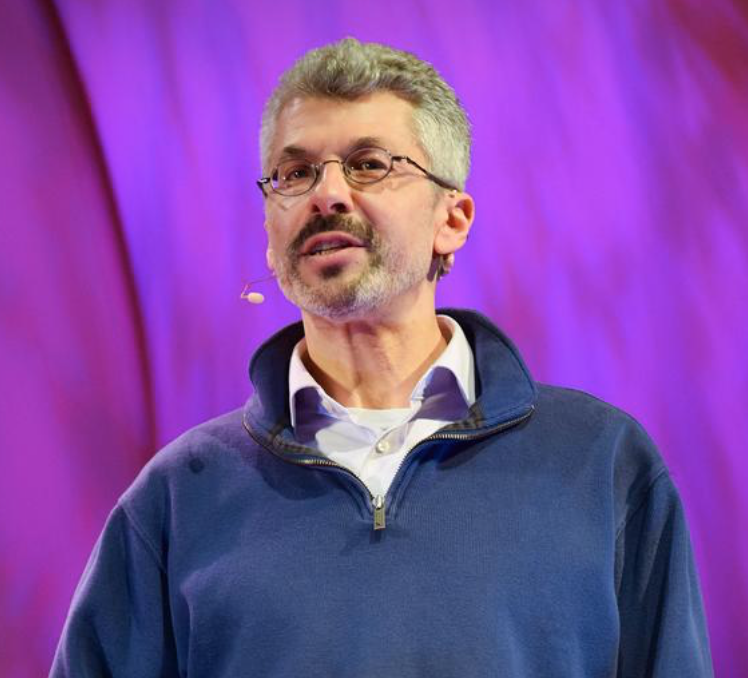
Faculty Fall 2021: Jonathan H. Marks
Professor of Bioethics, Humanities, Law, and Philosophy
Every decision we make—or fail to make—in response to COVID-19 is a decision about the kind of society we intend to create in the wake of the pandemic. If policymakers do not recognize and confront this truth, they jeopardize trust in public health agencies and further endanger marginalized populations. Pandemic laws and policies have fallen short in several important ways. For example, when they purport to be blind to certain considerations, such as race or disability, they ignore and exacerbate the role that structural injustice plays in the disproportionate impact of COVID-19 (and other public health crises) on marginalized populations, locally and globally. In this project, I argue that pandemic ethics should involve much more than “quandary ethics” and “trolleyology.” I contend that ethicists should focus greater attention on three related sets of concerns: (1) institutional and systemic ethics; (2) public health infrastructure and pandemic preparedness; and (3) structural injustice and social change. I also draw on literature, art, and film—as well as scholarship in public health ethics, disability studies, philosophy of race, and intersectionality (among others)—to explore the obstacles to and catalysts for social change in the wake of the current pandemic, and those likely to follow.